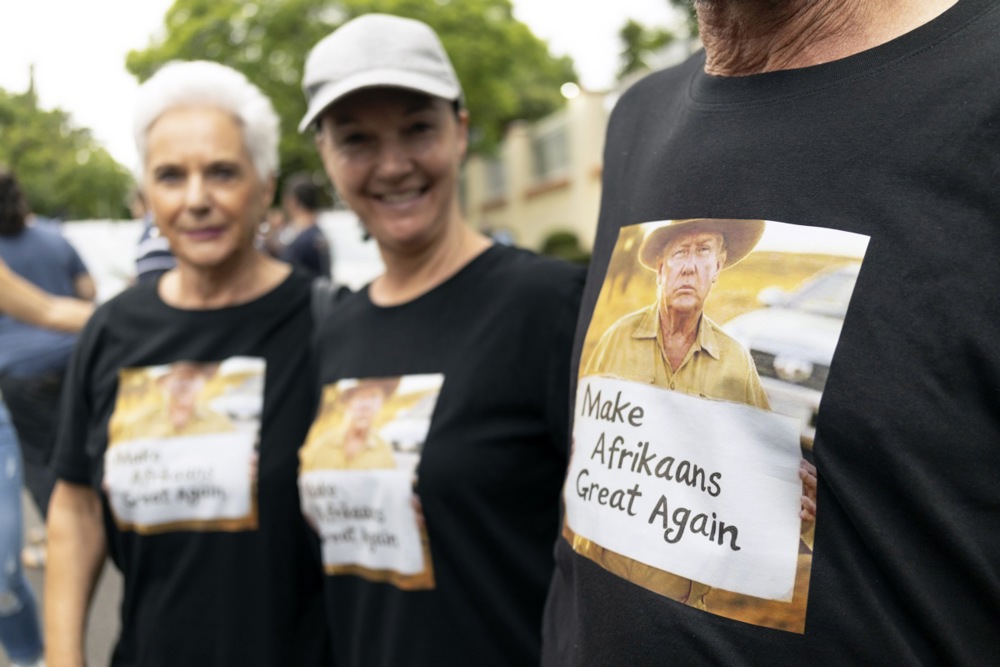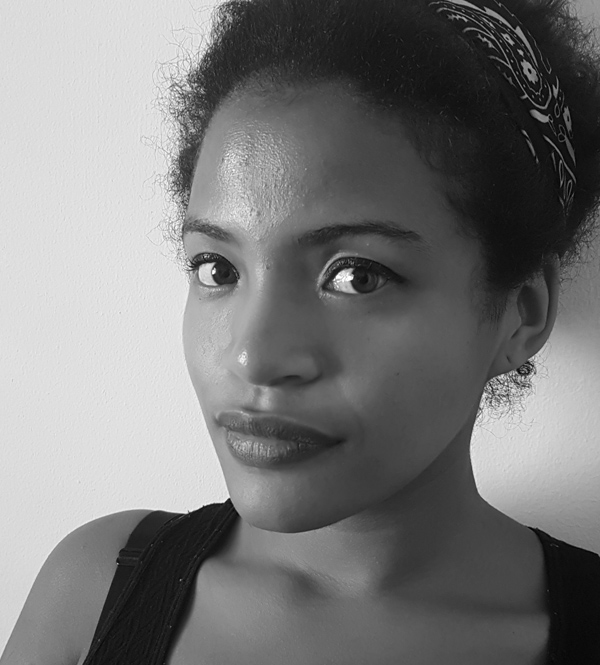Divisions are being fuelled by social media in South Africa (SA), which has become coordinated, claimed MPs on Friday, 9 May, as they debated the influence of global white supremacist movements on white nationalism in SA.
During the debate, sponsored by the African National Congress (ANC), some MPs such as Nqobile Mhlongo from the EFF were quick to claim that “the rise and re-election of a white supremacist, Donald Trump, as the president of the United States has emboldened white nationalist and racist movements such as AfriForum, Solidarity Movement, and many others to commit treasonous acts of economic sabotage that threaten the lives of many South Africans”.
Others pointed to the social media platforms and their algorithms that they claimed were being used by white supremacists to divide citizens further along racial lines.
Read more: World champs of white supremacy — why SA needs online disinformation laws, quick
IFP MP Nompumelelo Happiness Mhlongo said when white nationalism, fuelled and emboldened by white supremacist ideologies, takes root in the country, then “We must confront it without hesitation”.
White nationalism in SA, she argued, was not just a domestic issue, but “part of a broader global pattern”.
Part of a ‘broader global pattern’
“Global white supremacy content circulates freely on a social media where it influences local groups, reinforcing narratives of victimhood, fear of a so-called white genocide, and calls for separatism or return to white minority rule. The tragic truth is that South Africa is not immune to radicalising effects of these transnational digital movements,” Mhlongo continued.
She said these movements were not only divisive but dangerous.
“They exploit fear, thrive on misinformation, and aim to destabilise democratic institutions under the false banner of a heritage or self-preservation.”
“Some may attempt to frame this development as an isolated expression of cultural identity, but let us be clear, when identity becomes a weapon to exclude, to dominate, and to intimidate others, it ceases to be culture and becomes extremism — what we need is vigilance,” said Mhlongo.
 Afrikaans farmers picket outside the US Embassy in Pretoria on 15 February 2025. (Photo: EPA-EFE/KIM LUDBROOK)
Afrikaans farmers picket outside the US Embassy in Pretoria on 15 February 2025. (Photo: EPA-EFE/KIM LUDBROOK)
Supremacist movements ‘on the rise’
Rise Mzansi’s Songezo Zibi said white supremacist and white nationalist movements were on the rise in Europe, the US and in SA.
“It is insidious and dangerous to the very fabric of our democracy,” he said.
It was being driven by a fear that the world and its institutions were becoming too diverse and democratising, he said.
“But we must recognise that this movement has chosen social media platforms and YouTube as the terrain on which they are going to plant their poison. They produce content that is compelling and memorable, and gives its converts the talking points they need to grow this agenda,” said Zibi.
During the debate, ActionSA’s Malebo Kobe said social media has amplified divisions, which now spread fear, division and resentment.
“We’ve seen the likes of Elon Musk attack our country, and we must ask the question why.”
“Our nation is a direct threat to the ideology of white supremacy simply because it stands for the opposite — we are people united in our diversity… We draw strength from our shared commitment to heal the wounds of the past and build a country where all belong, not just the privileged few,” said Kobe.
Read more: Unpacking white supremacy: Gavin Evans explores the dangerous legacy of racial ideologies
The first-time MP continued: “We may stumble and we may falter, but we have made real progress… and that progress is the antithesis of white supremacy.”
During the debate, attempts were made by parties such as the EFF and MK to link parties such as the DA and Freedom Front Plus (FF Plus) with these movements.
‘Country at a crossroads’
The DA’s CF Beyers Smit said the country was at a crossroads “between the lingering shadows of exclusionary ideologies and the promise of a truly inclusive liberal democracy”.
He said it must address an uncomfortable “yet necessary truth – the continued presence and influence of white nationalism in our country. Though apartheid was formerly dismantled three decades ago, its ideology still haunts our society today”.
He said nationalism’s ideology was rooted in exclusion, which “this toxic belief system has no place in South Africa today”.
Smit said, “We must resist the temptation to long for the past.. Let’s instead confront nationalism with the moral clarity of liberalism.”
He continued: “Let’s build bridges, not walls. Let’s recognise the dignity in each other’s dreams.”
The FF Plus’s Wynand Boshoff said in recent history, Europe has followed “social policies which can only be described as suicidal in the self-loathing spirit mentioned… The pendulum was drawn so far that it would inevitably at some stage swing back”.
He did say white supremacy existed, but that “it is on the margins of Western society and to reduce the current renaissance of Western values to white supremacy is actually just intellectual laziness, it’s a way not to seriously engage with it”. DM




 Afrikaans farmers picket outside the US Embassy in Pretoria on 15 February 2025. (Photo: EPA-EFE/KIM LUDBROOK)
Afrikaans farmers picket outside the US Embassy in Pretoria on 15 February 2025. (Photo: EPA-EFE/KIM LUDBROOK) 